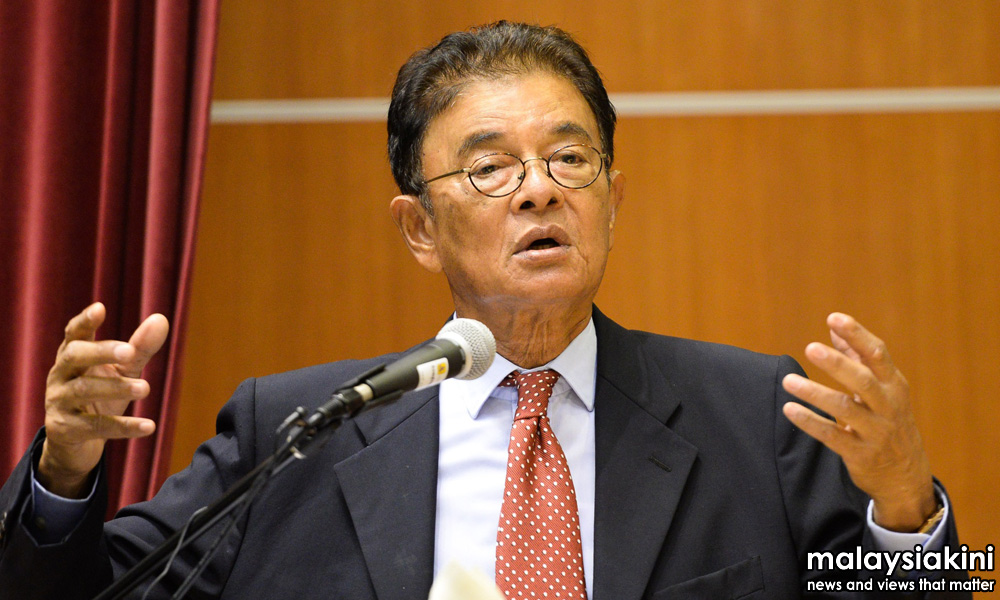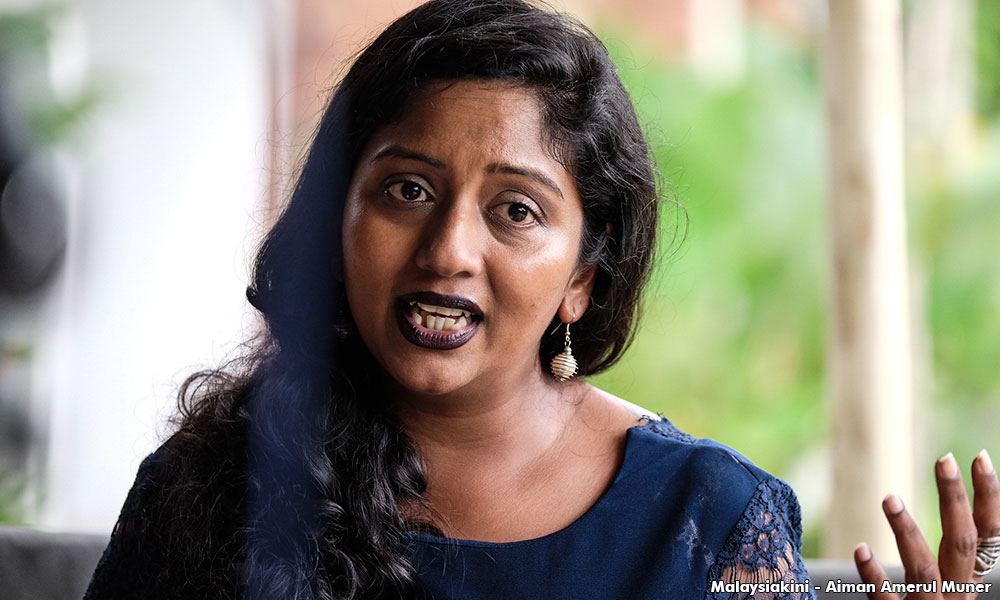
Keeping the death penalty is not a remedy for "personal injustices" in the form of deaths for murder convictions, according to Suhakam chairperson Razali Ismail.
Speaking to Malaysiakini, Razali said the world may be full of "crazy people" but abolishing the death penalty remains as the right step for Malaysia to take.
"There are many incidences where there are personal tragedies. The world is full of gila (crazy) people.
"It happens here, there, in India, everywhere... but the principle of removing the death penalty remains as a civilisational principle," said Razali when met on the sidelines of a European Union-United Nations function held in Kuala Lumpur in conjunction with the 70th anniversary of the Universal Declaration of Human Rights.
"I think the world is accepting that (abolishing death penalty), and we are with that.
"There will always be personal injustices happening but we cannot continue in that 'an eye for an eye' principle," said Razali when asked for comments on public outrage over the reported death of a nine-month-old baby after being allegedly raped and abused by her caretaker's husband.
Gelugor MP Ramkarpal Singh, who previously called for the abolition of the death penalty, had in response suggested that the courts should be allowed discretion to sentence to death persons convicted of "heinous crimes" such as these.
Echoing Razali's stand, Amnesty International Malaysia (AI-M) executive director Shamini Darshni said beyond mourning the baby's tragic death, there were a lot of unresolved issues surrounding the death penalty which warranted calls for its abolishment.
"AIM sympathises with the family that has lost a child in such a brutal fashion," she told Malaysiakini when met at the EU-UN function.

At the same time, she said the mandatory nature of death penalty remains a concern as judges were left with no discretion except to mete out a death sentence for a murder offence.
Shamini (photo) added that AI-M disagrees with calls to retain the death penalty as a whole or with an amendment to its mandatory clause.
"The issue of the death penalty at such a time as this tends to get a little bit more emotional, especially when a crime has been committed. And a crime as brutal as this," she said in reference to the baby's death.
"In no way do we minimise what has happened. But what we are saying is the death penalty does not produce a deterrent effect," said Shamini, echoing a stand taken by various anti-death penalty activists.
At the same time, she also argued that sending someone to the gallows for a murder offence is not a guarantee of justice being served, including for the victims' families.
"We are not saying the offenders should not be penalised, of course, they need to be, but one thing we have seen in death penalty cases is the question of unfair trials," she said.
In the past, Shamini said, questions were raised over murder trials that resulted in a conviction, including on the credibility of witnesses, as well as the quality of legal representation for the accused.
Earlier today, Deputy Prime Minister Dr Wan Azizah Wan Ismail said Putrajaya is still studying whether to abolish the death penalty or remove the mandatory clause in laws related to capital punishment. - Mkini
She said among issues being considered include alternative measures to address the problem of "crimes that are beyond human imagination". - Mkini
Source | https://malaysiansmustknowthetruth.blogspot.com/2018/11/suhakam-defends-move-to-abolish-death.html
Most View Article This Month !


